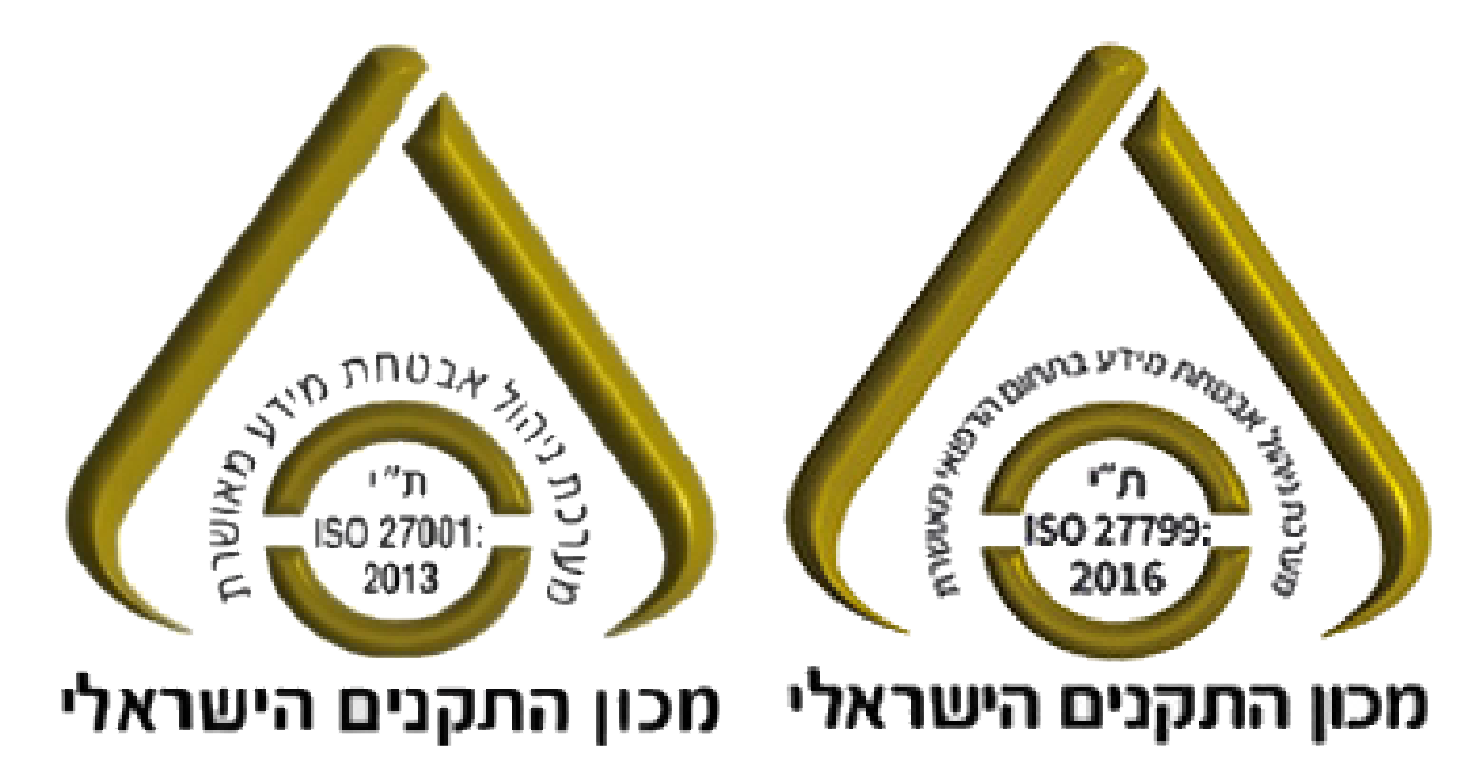El-Razi Diagnosis Center – Be'er Sheva was founded in 2012. The center provides diagnosis and evaluation services for the disabled (this includes people with developmental disability, autism as well as people with physical disabilities) in the Arab and Jewish community in the South. The center is supervised by the Ministry of Labor, Social Affairs and Social Services.
Target group:
- People reasonably suspected of having developmental cognitive disability (DCD) in the north – for all ages in the Arab sector.
- People suspected of having autism.
- People with disabilities under the disability management in the Ministry of Labor, Social Affairs and Social Services, who require an updated evaluation of needs under one umbrella customized for individual needs.
DCD Diagnosis Procedure: a social worker at the Welfare Department identifies a preliminary reasonable suspicion of functioning in the area of developmental cognitive disability. The social worker then invites the family or guardian, informs them about the suspicion, explains the diagnosis procedure and asks them to sign on a confidentiality waiver form. The social worker starts to gather background material regarding the diagnosed person, such as medical and psychological materials as well as education reports. Then he writes down a social report and fills in a data collection form about the family. The whole materials are sent with a referral form to the district inspection at the Welfare Department. The inspector inspects the materials again and approves that indeed there is a reasonable suspicion of a developmental cognitive disability. Finally, the inspector sends the materials to the diagnosis center based on a preset geographic division.
When the diagnosis center receives the materials, the family is reached out by phone in order to coordinate a suitable day for the diagnosis. Following the coordination, a written invitation is sent to the family and the guardian. One copy is sent to the community social worker. Two days prior to the diagnosis, the family receives a reminder phone call to ensure their participation.
On the diagnosis day: the diagnosed undergoes 3 checks: 1. A social check – to check the adaptive side; 2. A psychological check – to check the IQ level; a medical check – to check health condition, diagnoses, medicines and developmental anamnesis. In cases where there is a suspicion of a mental disorder or certain difficulties in the emotional and behavioral area, the diagnosed will be invited for a psychiatric examination on a different day.
Following the check, the diagnosing staff holds a concluding session. In the session, they determine the level of functionality of the diagnosed. A diagnosis conclusion report is then submitted to the diagnosis committee who convenes in the center and has the legal mandate to determine the level of functionality.
The diagnosis committee is comprised of five professionals who work for the Welfare Department. They work from the diagnosis center in order to be more accessible for the families. The roles of the committee members are: a social worker, a medical specialist, a psychiatrist, a teacher from the education system, and a psychologist.
The Staff of the Diagnosis Center:
- The diagnosis coordination (a social worker)
- Diagnosis social workers
- Psychologists (a developmental psychologist for child diagnosis, and a rehabilitation/education/clinical psychologist for adult diagnosis)
- Physicians (a pediatrician/ child neurologist) for child diagnosis, a physician specialized in internal medicine/ family medicine/ neurology for adult diagnosis).
- Psychiatrists (a psychiatrist specialized in the fields of children and adolescents for child diagnosis; a psychiatrist specialized in adults for adult diagnosis).

Instagram
Whatsapp
Facebook
messenger